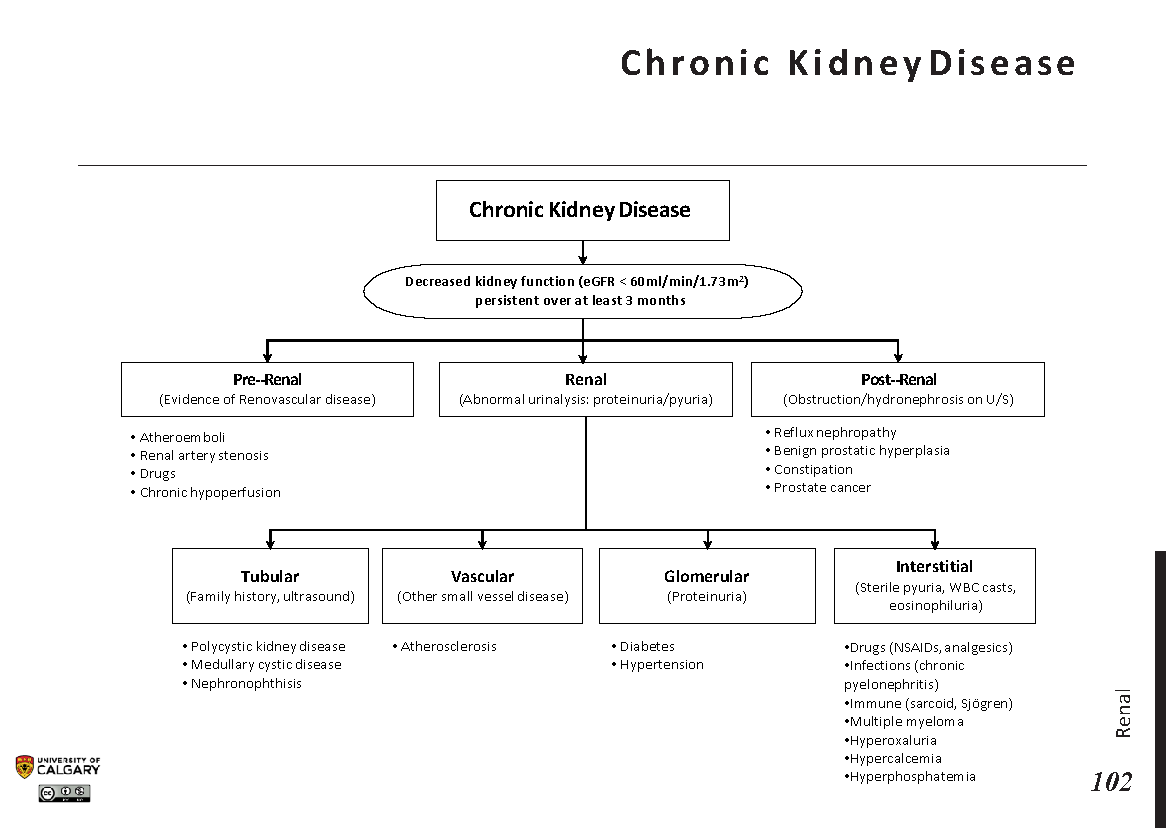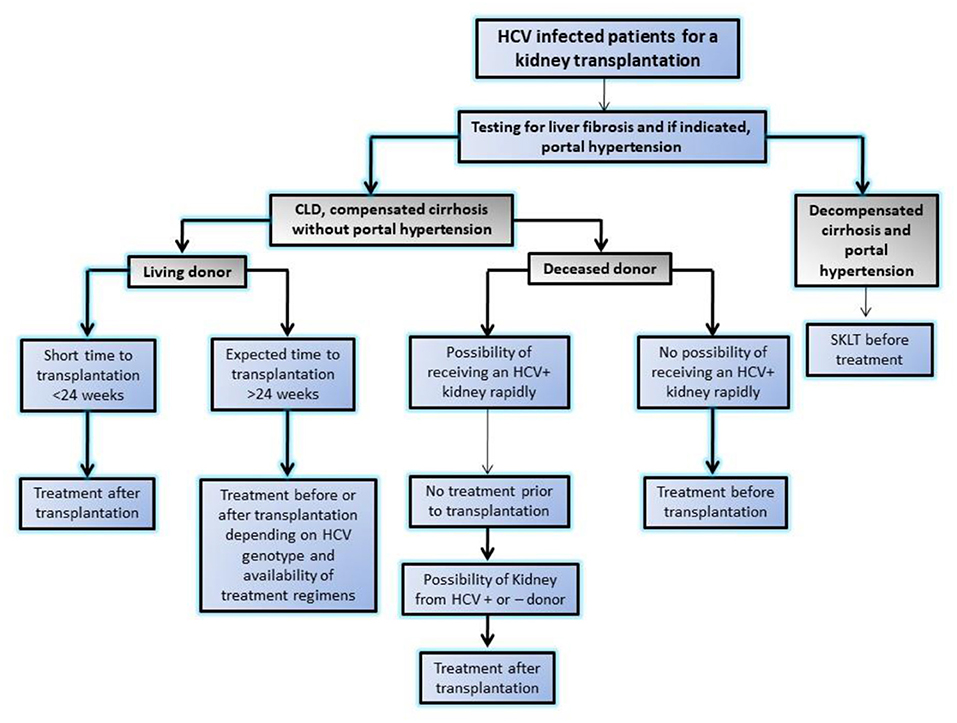Kidney infection, also known as pyelonephritis, is a serious condition that requires prompt medical attention. It occurs when bacteria or other microorganisms infect the kidneys, leading to inflammation and potential damage if left untreated. This article explores the causes, symptoms, diagnosis, and treatment options for this condition.

What is Kidney Infection?
A kidney infection is a type of urinary tract infection that begins in the lower urinary tract and spreads to one or both kidneys. While it can occur in anyone, certain groups, such as women, pregnant individuals, and those with weakened immune systems, are at higher risk. If not treated promptly, it can lead to severe complications, including permanent kidney damage or life-threatening infections.
Causes of Kidney Infection
Understanding the causes of kidney infection is essential for prevention and early detection. Below are some of the primary factors that contribute to this condition:
Bacterial Infections
- The most common cause of kidney infection is bacteria entering the urinary tract. Escherichia coli, a type of bacteria commonly found in the gastrointestinal tract, is responsible for the majority of cases.
- Other bacteria, such as Klebsiella pneumoniae and Proteus mirabilis, can also cause kidney infections, although they are less common.
Urinary Tract Obstructions
- Blockages in the urinary tract, such as kidney stones or an enlarged prostate, can prevent urine from flowing properly. This creates an environment where bacteria can multiply and spread to the kidneys.
- Structural abnormalities in the urinary tract, which may be present from birth, can also increase the risk of infection.
Weakened Immune System
- Individuals with conditions that weaken the immune system, such as diabetes, cancer, or HIV/AIDS, are more susceptible to kidney infections.
- Certain medications, like immunosuppressants, can also reduce the body’s ability to fight off infections.
Vesicoureteral Reflux
- This condition occurs when urine flows backward from the bladder to the kidneys. It is often seen in children and can increase the likelihood of developing a kidney infection.
Symptoms of Kidney Infection
Recognizing the symptoms of a kidney infection is crucial for seeking timely medical care. The signs and symptoms can vary depending on the severity of the infection but often include:
Pain in the Flank Area
- Pain or discomfort in the side, back, or groin area is one of the hallmark symptoms of a kidney infection.
- The pain may be constant or intermittent and can range from mild to severe.
Fever and Chills
- A high fever, often accompanied by chills, is a common sign of infection.
- In severe cases, the fever may exceed 101 degrees Fahrenheit.
Nausea and Vomiting
- Some individuals with a kidney infection experience nausea and vomiting, which can lead to dehydration if not managed properly.
Frequent Urination and Painful Urination
- An increased urge to urinate, even when the bladder is not full, is a typical symptom.
- Pain or a burning sensation during urination is also common.
Cloudy or Bloody Urine
- Urine may appear cloudy, have a strong odor, or contain blood, indicating the presence of an infection.
Fatigue and General Weakness
- Many people with a kidney infection feel unusually tired or weak, which can interfere with daily activities.
Diagnosis of Kidney Infection
To diagnose a kidney infection, healthcare providers rely on a combination of clinical evaluation, laboratory tests, and imaging studies. Here is an overview of the diagnostic process:
Medical History and Physical Examination
- The doctor will begin by asking about symptoms, medical history, and any recent urinary tract infections.
- A physical examination may reveal tenderness in the flank area or other signs of infection.
Urine Tests
- A urinalysis is performed to check for the presence of bacteria, white blood cells, and red blood cells in the urine.
- A urine culture may also be conducted to identify the specific bacteria causing the infection, which helps guide antibiotic treatment.
Blood Tests
- Blood tests can detect signs of infection, such as elevated white blood cell counts.
- In some cases, blood cultures are used to determine if the infection has spread to the bloodstream.
Imaging Studies
- An ultrasound or CT scan may be ordered to evaluate the structure of the kidneys and urinary tract.
- These imaging tests can help identify obstructions, abscesses, or other abnormalities contributing to the infection.
Treatment Options for Kidney Infection
Treatment for a kidney infection typically involves antibiotics and supportive care to manage symptoms. In severe cases, hospitalization may be necessary. Below are the main treatment approaches:
Antibiotic Therapy
- Antibiotics are the primary treatment for kidney infections. The choice of antibiotic depends on the type of bacteria identified in the urine culture.
- Commonly prescribed antibiotics include ciprofloxacin, levofloxacin, and trimethoprim-sulfamethoxazole.
- In mild cases, oral antibiotics may be sufficient, while severe infections may require intravenous antibiotics administered in a hospital setting.
Pain Management
- Over-the-counter pain relievers, such as ibuprofen or acetaminophen, can help alleviate pain and reduce fever.
- For more severe pain, prescription medications may be necessary.
Hydration
- Staying well-hydrated is important for flushing bacteria out of the urinary tract.
- Drinking plenty of water and avoiding caffeine and alcohol can aid in recovery.
Hospitalization
- In cases of severe infection, dehydration, or complications, hospitalization may be required.
- Intravenous fluids and antibiotics are administered to stabilize the patient and treat the infection effectively.
Treatment of Underlying Conditions
- If structural abnormalities or obstructions are contributing to the infection, additional treatments may be needed.
- For example, surgery may be required to remove kidney stones or correct vesicoureteral reflux.
Preventing Kidney Infections
While not all kidney infections can be prevented, certain measures can reduce the risk of developing this condition:
- Drink plenty of water throughout the day to promote regular urination and flush out bacteria.
- Practice good hygiene, such as wiping from front to back after using the toilet, to prevent the spread of bacteria.
- Urinate frequently and avoid holding urine for extended periods.
- Women should urinate before and after sexual intercourse to reduce the risk of bacterial entry into the urinary tract.
- Manage underlying health conditions, such as diabetes, to maintain a strong immune system.
When to Seek Medical Attention
It is important to seek medical attention if you experience symptoms of a kidney infection. Delaying treatment can lead to serious complications, including:
- Kidney scarring, which can impair kidney function over time.
- Septicemia, a life-threatening condition where the infection spreads to the bloodstream.
- Pregnancy-related complications, such as preterm labor or low birth weight, in pregnant individuals.
If you notice symptoms such as high fever, severe pain, nausea, or bloody urine, contact a healthcare provider immediately.





